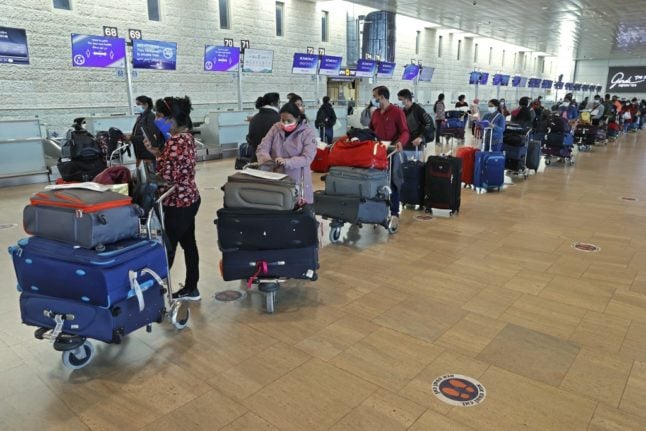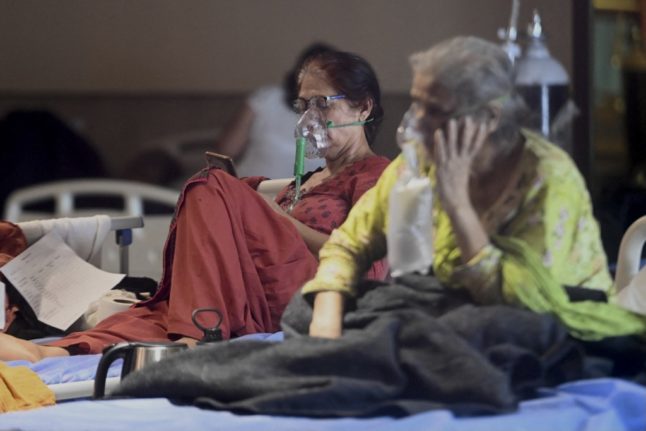The strike has lasted for a week, Per-Martin Johansson told AFP, but a labour conflict which has slowed down production has been going on for about three months, he added.
“The union has asked for higher wages and the return to work of the four employees who were suspended,” Johansson said.
Four of the plant’s employees were suspended following a dispute at the plant in April, during which they allegedly physically assaulted a manager.
During the three month labour conflict some employees have worked less or not at all in protest.
The conflict has set the plant’s production pace back 60 buses, Johansson said. The factory, in Hoskote, about 35 km from Bangalore, rolled out 535 buses last year.
Johansson would not comment on the cost of the labour conflict to the Swedish company, but Indian financial newspaper Business Standard said it had cost “close to 50 crore rupees” or about $10 million to Volvo.
Volvo Group – which makes trucks, buses and boat and aircraft equipment – does not include the Volvo Cars brand.
Volvo Cars was sold in 1999 to US auto giant Ford, which in turn completed the brand’s sale to China’s Geely on Monday.



 Please whitelist us to continue reading.
Please whitelist us to continue reading.
Member comments